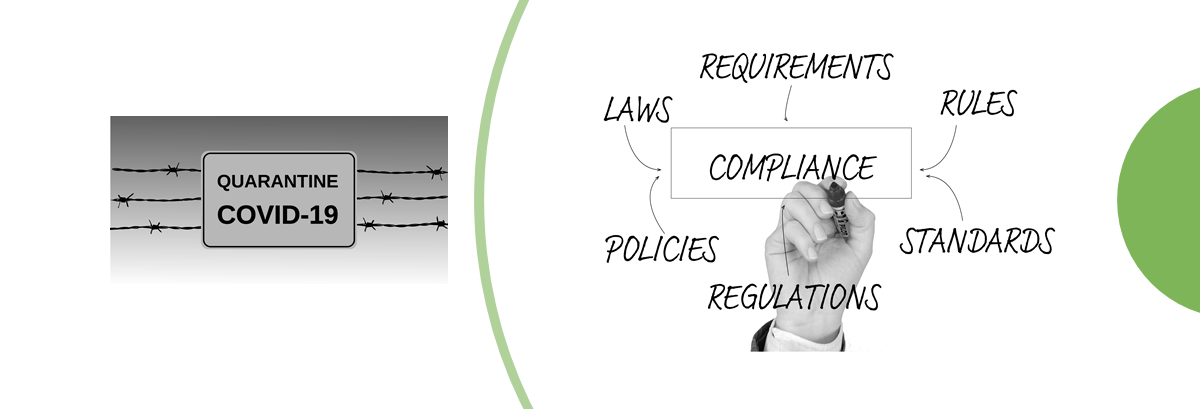Temporary foreign workers (TFWs) have been an integral part of the Canadian labour market. This is evident from the significant surge in the number of foreign nationals with effective work permit over the recent years. Around 4,70,000 foreign nationals have a work permit that became effective in 2019 as compared to 3,40,000 in 2017 and 3,90,000 in 2018.
Nevertheless, their contribution to the labour market could be severely impacted by the COVID-19 pandemic and the measures taken by governments at all levels to contain the spread of the virus. Even though TFWs are allowed to enter Canada, there is a high probability of downsize or delay in the availability of new TFWs due to travel restrictions in some source countries, their unwillingness to travel due to the fear of virus infection, and the mandatory 14-day self-isolation policy upon arrival. Additionally, many businesses are temporarily closed or are operating considerably below their full capacity, which could lead to disproportionate layoffs among temporary foreign workers.
The possible shortages of TFWs, in the sectors with significant employment share, may have a substantial impact on the performance and survival of the firms during and after the pandemic period.
Proportion of temporary foreign workers, selected industries
Note: NAICS = North American Industry Classification System
Source: Statistics Canada, Canadian Employer–Employee Dynamics Database
TFWs are more concentrated in specific subsectors. For example, 27.4% of employees in crop production where TFWs accounted for 41.6% of the agricultural workers in Ontario, and over 30% of the agricultural workers in Quebec, British Columbia and Nova Scotia during 2017.
Some non-agricultural industries that are continuing to operate during the COVID-19 pandemic also have a relative high share of TFWs such as private household services (9.8%), gasoline stations (8%), warehousing and storage (4.3%), and food manufacturing (3.4%).Therefore, possible shortages of TFWs may have a significant impact on the performance and survival of these firms during and after the pandemic period.
Though, it is too early to understand the implications of COVID-19 pandemic on the supply and demand for TFWs, the analysis provides important implications for the possible delays in the inflow of new TFWs that could affect essential services during the pandemic and the upcoming economic recovery period. This may have a particularly strong effect on the agriculture sector, given that the timing of pandemic coincides with the period of highest demand for seasonal agricultural foreign workers who primarily come to Canada in the spring and early summer.
Need help for LMIA application and hiring foreign workers!
The LMIA rules, regulations and requirements are subject to frequent changes. These changes deal with different categories of jobs, duration, exemptions etc. Continuous research, attention to detail and painstaking hard work is required to obtain a positive LMIA. We help in assessment of our client’s profile and advice them on their eligibility to get an LMIA. We help Canadian employers for applying LMIA application and legally representing them before ESDC during the process.We help clients to apply for their Work Permit which authorizes them to legally work in Canada.
ESDC has currently waived the advertisement requirements for agriculture stream LMIA applications and hence the applications are being processed on expedite and priority basis.
Contact us for consultation and assistance







